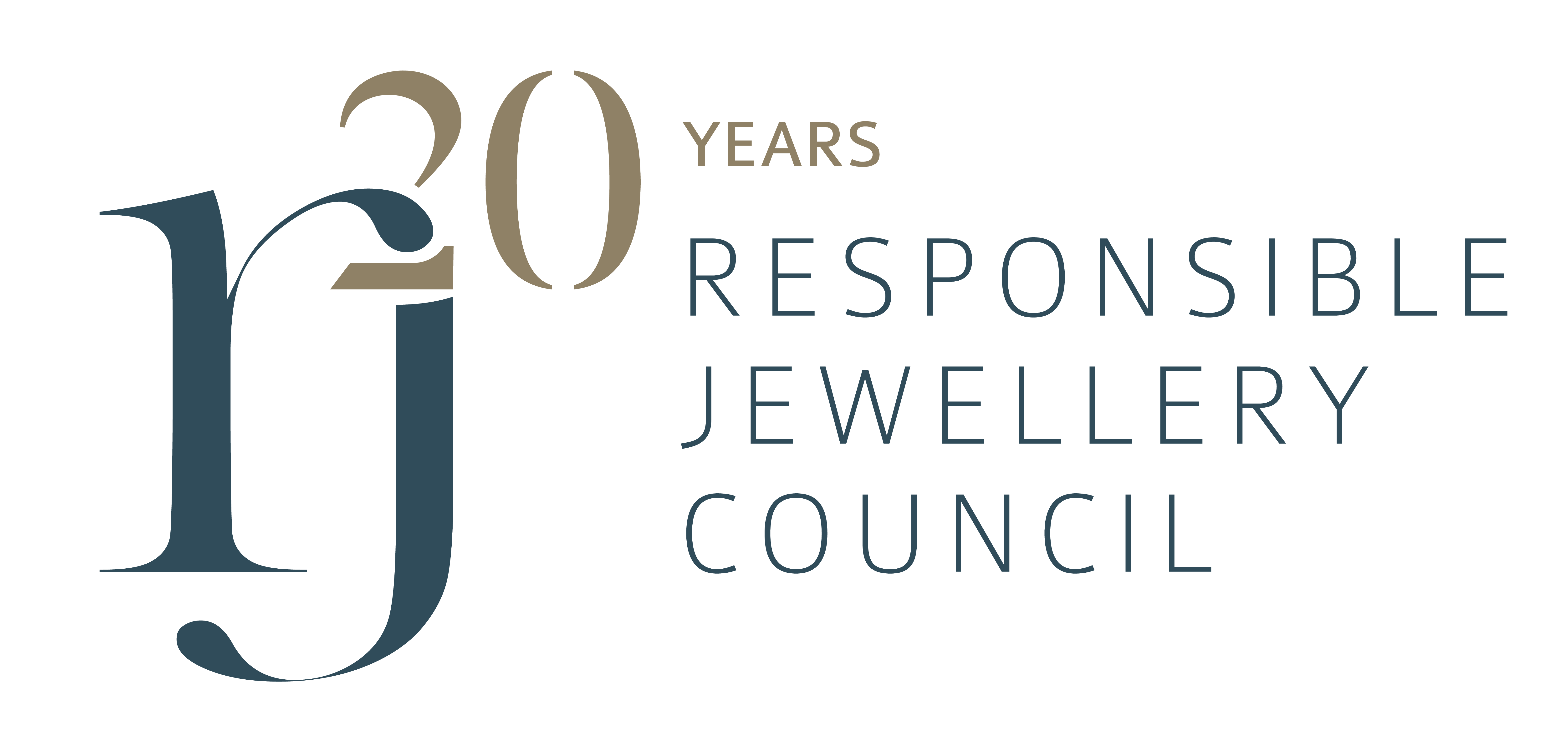GLOBAL PARTNERS & STAKEHOLDERS
Real change happens when we work together
STAKEHOLDERS
Stakeholder relations are critical for our growth. We strive to maintain an open, continuous, and transparent dialogue
The RJC is an active participant in various industry associations through which we engage with policy makers to contribute to a better understanding of industry-related challenges. These associations are also important platforms for the RJC to contribute to broader, industry-wide action on sustainable development.

global partners
We're building strong partnerships to help us drive industry-wide change
Status: ISEAL Code Compliant
Joined: 2012 (ISEAL Code Compliant); 2011 (ISEAL Associate Member)
Industry: Jewellery
ISEAL is the global membership association for credible sustainability standards. Members of ISEAL are committed to Credibility Principles and follow the Codes of Good Practice in setting standards, assuring compliance and monitoring impacts. Members include Forest Stewardship Council (FSC), Fair Trade International, Better Cotton Initiative, Aluminium Stewardship Initiative.
As a member we commit to ISEAL’s mission and Code of Ethics, and comply with ISEAL’s Codes of Good Practice. Membership of ISEAL helps us continue to improve our standards development and implementation, share knowledge and experience with other industries, and guarantee rigour in RJC certification programmes.
Confidence in our standards is critical to promote trust in our industry. Our Membership Alliance with ISEAL, provides this confidence and reaffirms RJC’s position as the leading standards authority in the global watch and jewellery supply chain.
Stakeholder relations are critical for the growth of our organisation, and we strive to maintain an open, continuous, and transparent dialogue with our members and our wider network of stakeholders.
The RJC is an active participant in various industry associations through which we engage with policy makers to contribute to a better understanding of industry-related challenges. These associations are also important platforms for the RJC to contribute to broader, industry-wide action on sustainable development.
https://www.responsiblejewellery.com/action/key-stakeholders/
The OECD is an international organisation that works to build better policies for better lives. Their goal is to shape policies that foster prosperity, equality, opportunity and well-being for all.
In 2013, the OECD Investment and Development Assistance Committees approved a long-term governance arrangement to enable a dynamic, demand driven implementation programme for the OECD Due Diligence Guidance for Responsible Supply Chains of Minerals from Conflict-Affected and High-Risk Areas (the OECD Guidance). The OECD Due Diligence Guidance provides detailed recommendations to help companies respect human rights and avoid contributing to conflict through their mineral purchasing decisions and practices.
Founded in 1983 by a small group of distinguished manufacturers as a social club, The Plumb Club has evolved into one of the jewellery industry’s leading supplier organisations. Today, The Plumb Club is a unique coalition of leading, responsible and important suppliers spanning all facets of the jewellery, diamond and watch industries. The purpose of the organisation is to connect its members and their customers and help shape the future of the jewellery industry. The Plumb Club’s membership accounts for a significant percentage of the domestic fine jewellery market.
In September 2019, the Plumb Club became the first trade association to require its members to follow the RJC Code of Practices. This decision was reached after Plumb Club members overwhelmingly voted for all new and existing Club members to join the Responsible Jewellery Council.
The RJC and the Plumb Club are looking at other partnerships going forward that will continue to propel members and retailers towards greater responsibility in their businesses and throughout their supply chains. This includes activities that will build trust and confidence with consumers and how to support the global agenda of the United Nations Sustainability Development Goals, amongst much else.
The United Nations Global Compact, is the world’s largest corporate sustainability initiative. Their mission is to transform the world through business.
As a non-binding United Nations pact, the Global Compact is a call to companies to voluntarily align strategies and operations with universal principles on human rights, labour, environment and anti-corruption, and take actions that advance societal goals.
In 2019, RJC launched the first of its kind partnership with the United Nations Global Compact (UNGC). Together, we are working to bring more companies in our sector along the journey to contribute to the SDGs and the 2030 Agenda. Education is mission critical in achieving this, and we are committed to collaborating with the UNGC, to raise awareness on how to progress towards the SDGs.
Key outputs from the partnership include an RJC technical workgroup on impact 2020-2030, training webinars on best practices and research tools on driving the SDGs throughout the industry with a special emphasis on:
- SDG 5 Gender Equality
- SDG 8 Decent Work & Economic Growth
- SDG 12 Responsible Consumption & Production
- SDG 13 Climate Action
- SDG 17 Partnerships for the Goals
Sustainable Development Goals
Our CoP standard is aligned with the UN SDGs, providing our members with a solid foundation to continue their journey of transformation in the supply chain
Implementation of the CoP supports members in their journey to 2030. Members can review their sustainability strategy through the lens of the 17 SDGs, and assess which SDGs are most relevant/material to their operations. Contributing to the SDGs is intertwined with adherence to the 42 provisions in the RJC’s COP, with 70% of members agreeing that the RJC certification has contributed to the actions taken by their company to advance the SDGs. More than 70% of members are already taking several different actions to advance SDGs in their business, specifically:
- 40% are developing products/services that contribute to the SDGs
- 35% are aligning their core business strategy with the SDGs
- 32% are designing business models that contribute to the SDGs
- 28% are collaborating with industry on the SDGs
member directory
Meet our members
Our membership community is made up of over 1900 companies spanning 73 countries from mining to retail. Explore our full list of members or find a particular company.

